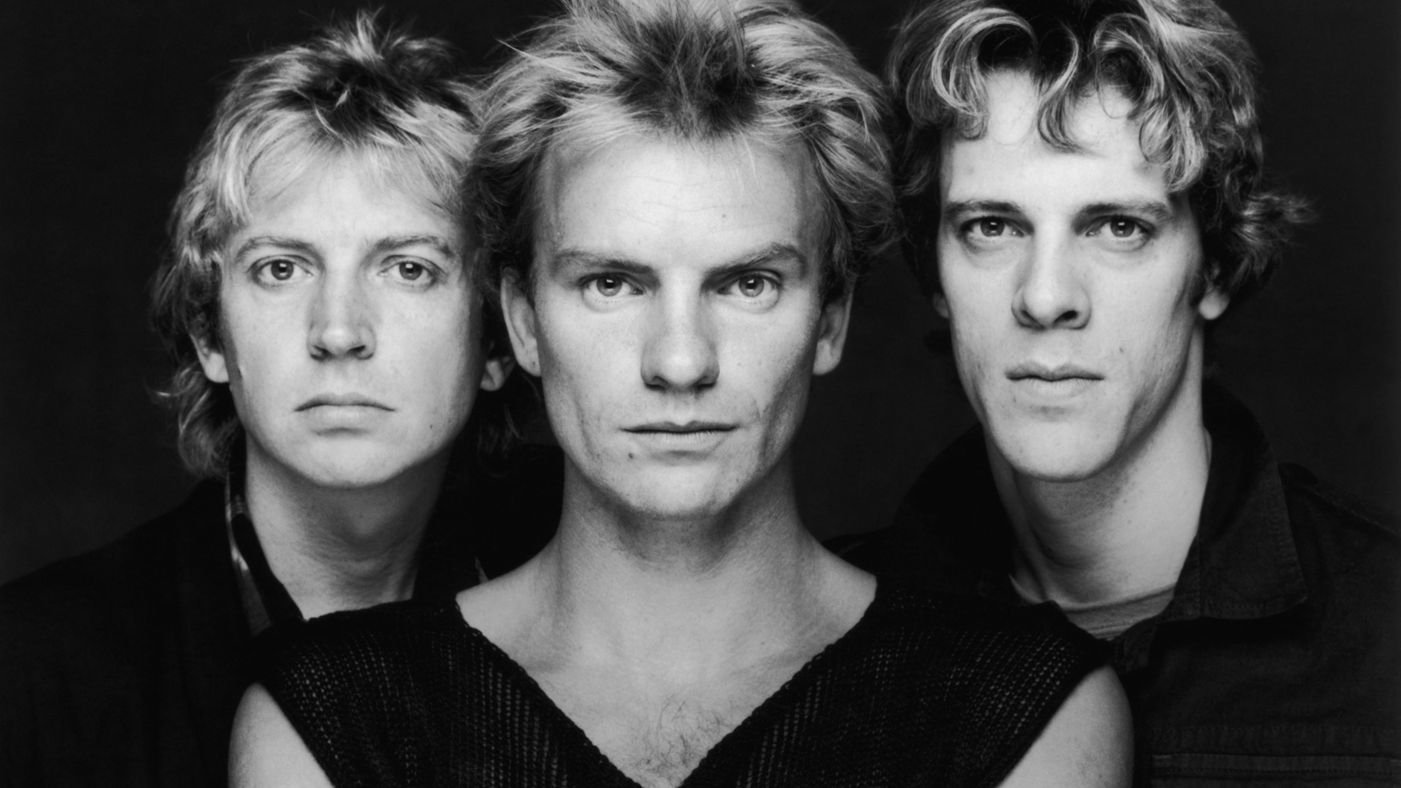Many artists often miss the mark when it comes to identifying a potential hit, even when it’s glaring right in front of them. Despite their constant immersion in music and the need to craft on-the-spot contributions for various tracks, occasionally a radio-worthy song slips past their notice. In the case of The Police, despite having the masterful songwriting skills of Sting, Stewart Copeland initially dismissed their first hit, ‘Roxanne,’ as a mere throwaway.
In the early days, as the band pieced together their initial demos, they stood out as one of the most unconventional sounds emerging from England. While punk bands were gradually fading from the cultural forefront, The Police found their niche in the rising wave of new wave, with Sting making his first foray with the punk-infused single, ‘Fall Out.’
Despite encountering some lineup adjustments before securing Andy Summers as their guitarist, Copeland, an already accomplished percussionist, stood out as a virtuoso behind the drum kit. Unlike drummers who focused solely on maintaining a steady beat, Copeland’s skill level influenced artists like Neil Peart to reconsider their musical direction.
When the band eventually entered the studio and crafted their debut album, ‘Outlandos D’Amour,’ it proved to be a masterpiece of its time. Striking a perfect balance between punk, pop, reggae, and avant-garde experimentation, Sting found a canvas for his brilliant melodies, including a few that would later be relegated to the shadows, like ‘Be My Girl.’
Amidst the vibrant energy of tracks such as ‘Next To You’ and the iconic ‘Can’t Stand Losing You,’ ‘Roxanne’ stood out as an anomaly. A simple tune narrating the story of a woman walking the streets, it had all the makings of an exceptional single, yet Copeland failed to see its worth.
During the studio mixing process, Copeland insisted on infusing a punk flair to elevate the track’s energy, asserting, “We’ve got to be punk.” Despite the band’s reluctance, he added a drum beat that, while not fully punk, transformed it into a distinctive Police song. Still considering it a throwaway, Copeland viewed it as a rock song with a lamenting quality.
Upon completing the album, Copeland’s brother Miles suggested releasing ‘Roxanne’ as a single, envisioning its potential success on pop radio. Despite conflicting with the band’s original vision, the song became The Police’s introduction to the world, showcasing Sting’s trademark high vocals and Copeland’s unwavering groove.
Not without its quirks, the track retained a touch of spontaneity, evident in the opening laugh contributed by Sting in the control room, a result of accidentally sitting on a piano while the song played. ‘Roxanne’ may exude a slightly raw charm compared to The Police’s later works, but it marked just the beginning of their journey to dominate both the pop charts and the eclectic realms of rock.
